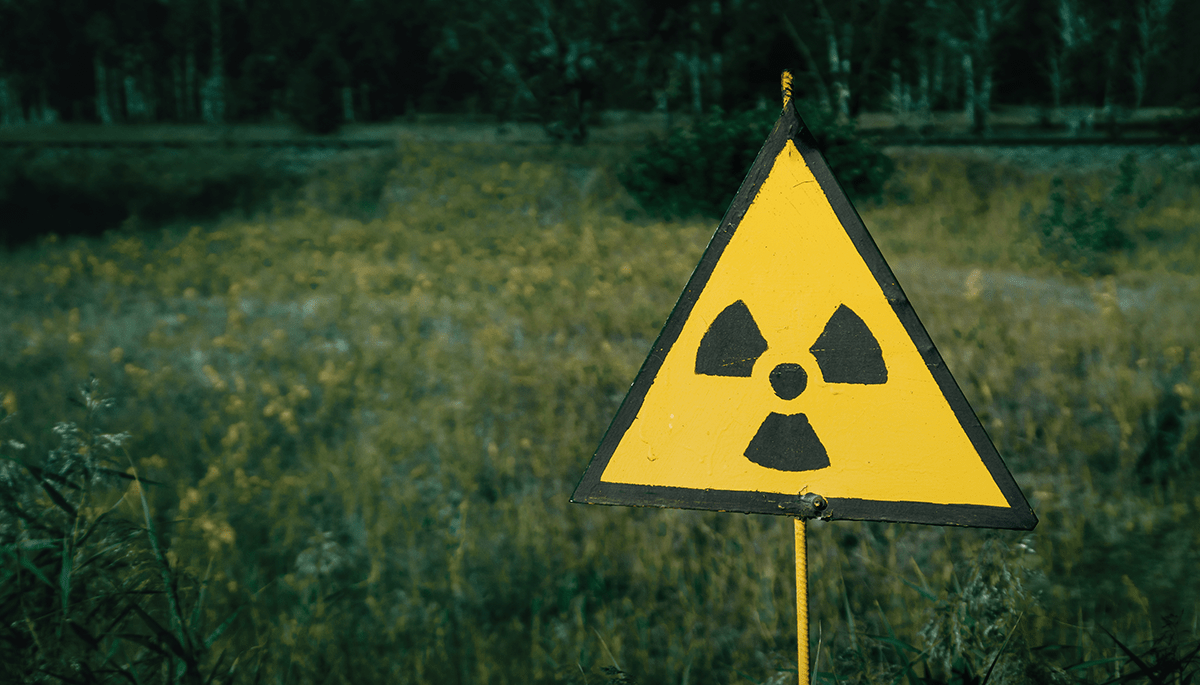Key Points:
- The risks of nuclear conflict have become more apparent in the wake of Russia’s attack on Ukraine.
- Investors should not dismiss the importance of financial stability in the face of nuclear conflict.
- Implementing risk controls, such as diversification and monitoring counterparty resilience, is crucial.
- Sustainability considerations, like the UN Sustainable Development Goals, highlight the need to reduce nuclear risk.
- Engagement with companies involved in the defense sector and other industries is more effective than divestment.
- Screening and engaging with firms on issues related to nuclear risk can help mitigate the potential for conflict.
- A broader discussion involving investors, businesses, NGOs, and governments is needed to address nuclear risk.
In the aftermath of Russia’s attack on Ukraine, the dangers of nuclear conflict have become increasingly evident. This realization extends beyond the realm of finance, as many market observers have erroneously assumed that their actions will have no impact on nuclear weapons. However, this perspective is flawed on multiple levels.
While the consequences of a “limited” nuclear exchange or a single detonation would be catastrophic and result in the loss of thousands, if not millions of lives, it would not mean the end of life on Earth. People would still care about their jobs, savings, and investments even in the aftermath of such a conflict. Just as financial concerns persisted during the COVID-19 pandemic, financial stability would remain crucial in a post-nuclear world.
While investing based solely on the risk of nuclear conflict in the short term may seem futile, implementing risk controls across different market environments is essential. Proper diversification, monitoring counterparty resilience, limiting leverage, and aligning liabilities with assets are logical steps in any risk mitigation strategy.
However, the most immediate reason to focus on nuclear risk is the urgent need to prevent such a catastrophic event from occurring in the first place. The United Nations’ Sustainable Development Goals recognize the importance of sustainability in investing, and Goal 16, “Peace, Justice and Strong Institutions,” implicitly addresses the need to reduce nuclear risk. Nuclear war, like climate change, poses an existential threat that could hinder the achievement of any SDG goal. Even investors who are not explicitly focused on sustainability can understand the long-term self-interest in avoiding nuclear conflict.
While international relations are primarily the responsibility of governments, they cannot be relied upon solely to prevent nuclear conflict or address its aftermath. Just as governments were ill-prepared and slow to respond to the COVID-19 pandemic, they alone cannot be trusted to avert a nuclear crisis.
So, what can investors do in the face of nuclear risk?
In the wake of the war in Ukraine, financial institutions, particularly in Europe, are reconsidering negative screens related to defense companies. This shift is positive, as blanket exclusions and divestment are overly simplistic approaches, even in the defense sector. The world will always have bad actors, and a robust defense industry can provide protection and deterrence.
Engagement with companies involved in the production of nuclear weapons or their related systems is more effective than divestment. This applies not only to defense firms but also to companies in other industries contributing to the risk of nuclear conflict. Engagement could involve increased oversight of lobbying efforts, assessing potential conflicts of interest among board members, and addressing shortcomings in screening firms in various sectors:
- Industrial and Manufacturing Companies: Measures to ensure compliance with sanctions regimes and prevent the export or diversion of dual-use technologies in the nuclear supply chain.
- Shipping Firms and Port Operators: Enforcement of sanctions and adherence to export controls, along with the deployment of nuclear detection technology.
- Utility Companies: Compliance with cybersecurity regulations and best practices concerning nuclear energy and terrorism threats, including robust system security.
- Banks: Implementation of anti-proliferation financing measures and understanding the dual-use components of customers’ technologies or products.
- Big Tech: Limiting the export of specific technologies and products that contribute to nuclear risk, as well as detecting and exposing geopolitical conflict triggers like deepfakes and divisive content.
- Social Media: Security protocols to protect the personal accounts of government officials and influential individuals, while mitigating the spread of inflammatory propaganda.
The assessment of a company’s contribution to potential nuclear conflict should not be the only consideration. Proactive efforts to reduce nuclear risk, such as media firms producing content on the subject or companies fostering dialogue between adversarial nations and populations, should be factored into calculations.
The exact risks and sectors to screen for may be subject to debate, but the discussion needs to commence immediately. Investors, businesses, accounting standards boards, ESG raters, NGOs, and governments must participate in this dialogue.
Now is the time to start.
If you liked this post, don’t forget to subscribe to the Enterprising Investor.
All posts are the opinion of the author and should not be construed as investment advice. The opinions expressed do not necessarily reflect the views of CFA Institute or the author’s employer.
Image credit: ©Getty Images/diegograndi
Professional Learning for CFA Institute Members
CFA Institute members have the autonomy to self-determine and report professional learning (PL) credits, including content from Enterprising Investor. PL credits can be easily recorded using the online PL tracker.







